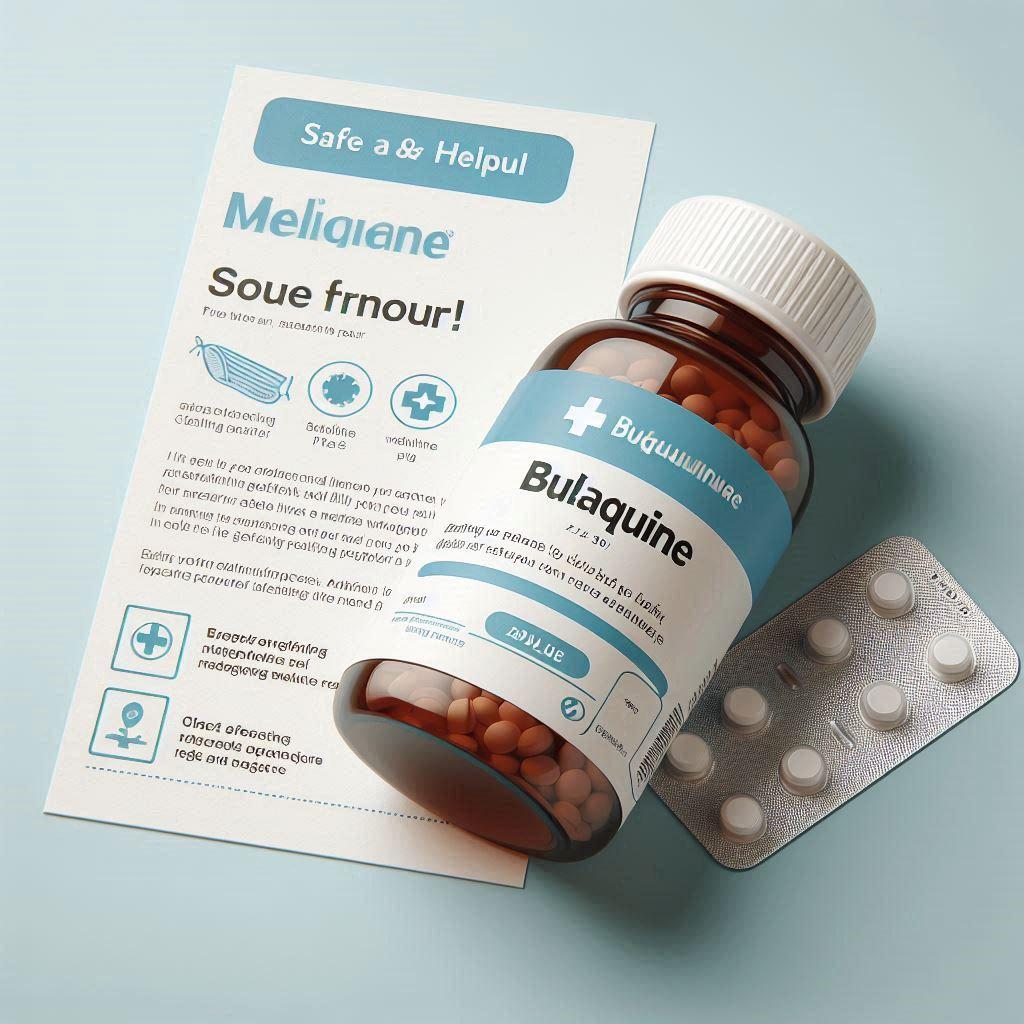
ARTESUNATE-Artesunate: Use Dose Side effects contraindicatio
Angina–Angina: Causes, Symptoms, and Effective Treatment Options, Home Remedies, Ayurvedic medicine

Medicine Name:
BULAQUINE (Primaquine)
Description
Bulaquine, generically known as primaquine, is an antimalarial medication primarily used for the radical cure of malaria caused by Plasmodium vivax and Plasmodium ovale. It is an 8-aminoquinoline derivative that targets the liver stages of these parasites to prevent relapses. Bulaquine is crucial in the comprehensive management of malaria, especially in endemic regions.
Indications & Use
- Radical Cure of P. vivax and P. ovale maleria-Angina: Bulaquine is indicated to eliminate the dormant liver forms (hypnozoites) of these parasites.
- Combination Therapy: Used alongside other antimalarials like chloroquine to ensure complete eradication of malaria.
- Prevention of Relapses: Essential for preventing future episodes of malaria in individuals previously infected with P. vivax or P. ovale.
Dosage
- Adults: 0.25 to 0.5 mg/kg once daily for 14 days.
- Children: 0.25 mg/kg once daily for 14 days (adjusted based on body weight).
- Elderly: Dosage should be adjusted cautiously, considering potential side effects and interactions.
Mechanism of Action
Bulaquine exerts its antimalarial effect by generating reactive oxygen species that disrupt the mitochondrial function of malaria parasites. This action specifically targets the liver stages, effectively killing the dormant forms of Plasmodium vivax and Plasmodium ovale and preventing future relapses.
Side Effects
- Common: Nausea, vomiting, abdominal pain, headache, dizziness, and malaise.
- Serious:
- Hemolytic anemia in G6PD-deficient individuals.
- Methemoglobinemia, a condition characterized by increased levels of methemoglobin in the blood.
- Allergic reactions such as skin rash or itching.
Contraindications
- Known Hypersensitivity: Allergy to primaquine or other 8-aminoquinolines.
- G6PD Deficiency: Risk of severe hemolytic anemia in patients with this condition.
- Pregnancy and Lactation: Use is contraindicated due to potential harm to the fetus or nursing infant.
- History of Autoimmune Hemolytic Anemia: Increased risk of severe reactions.
Drug Interactions
- Other Antimalarials: Caution is advised when combining with other antimalarials due to overlapping side effects.
- Cimetidine: May inhibit the metabolism of primaquine, increasing toxicity risk.
- Hemolytic Agents: Increased risk of hemolysis when used with drugs that can cause hemolytic anemia.
Precautions
- G6PD Testing: Mandatory before starting treatment to avoid severe hemolytic reactions.
- Blood Monitoring: Regular monitoring of blood counts is essential, particularly in patients with pre-existing hematological conditions.
- Caution in Liver Impairment: Dose adjustments may be required for patients with liver disease.
- Informing Healthcare Providers: Patients should inform their healthcare provider of all medications, supplements, and any history of blood disorders.
Patient Counseling Information
- Emphasize the importance of completing the full course of treatment to prevent malaria relapse.
- Discuss the significance of G6PD testing and potential side effects, advising patients to report any concerning symptoms.
- Advise patients to watch for signs of hemolysis, such as dark urine, fatigue, or jaundice.
- Recommend regular follow-up appointments for monitoring treatment effectiveness and safety.
Conclusion
Bulaquine (Primaquine) plays a vital role in the radical cure of malaria caused by Plasmodium vivax and Plasmodium ovale. Its ability to target liver stages is essential for preventing relapses. Proper patient selection, monitoring, and education are crucial for maximizing its therapeutic benefits while minimizing risks.
References
- World Health Organization. “Guidelines for the Treatment of Malaria.”
- Centers for Disease Control and Prevention (CDC). “Primaquine: Malaria Treatment Guidelines.”
- Malaria Journal. “The Role of Primaquine in the Treatment of Malaria.”
- Indian Pharmacopoeia. “Standards for Drugs in India.”
- Cadila Pharmaceuticals Ltd. “Product Information: Bulaquine.”
Example
A 30-year-old patient diagnosed with P. vivax malaria is prescribed Bulaquine 15 mg daily for 14 days, along with chloroquine. After confirming the patient has no G6PD deficiency, they successfully complete the course and remain free of relapse.
Disclaimer
This information is for educational purposes only and should not be construed as medical advice. Always consult a healthcare professional before starting or stopping any medication. The details provided are accurate to the best of our knowledge but may change based on new research and clinical guidelines.






